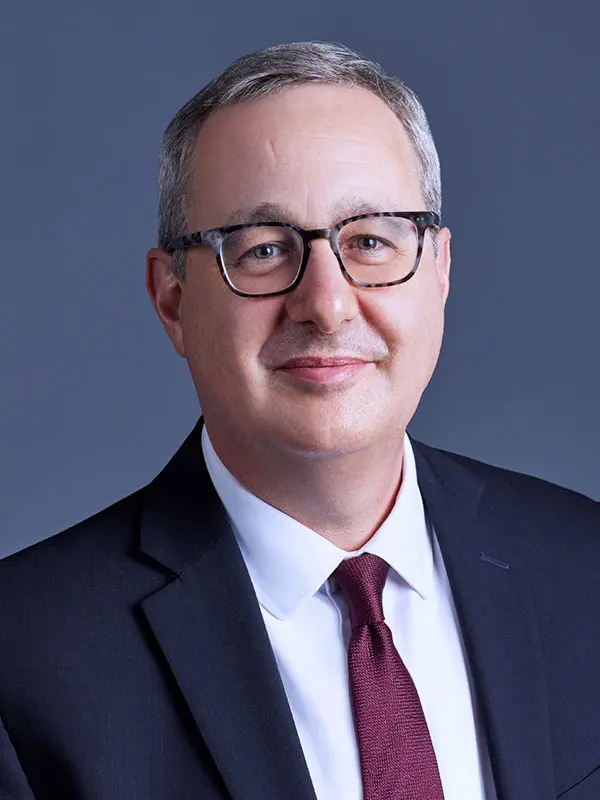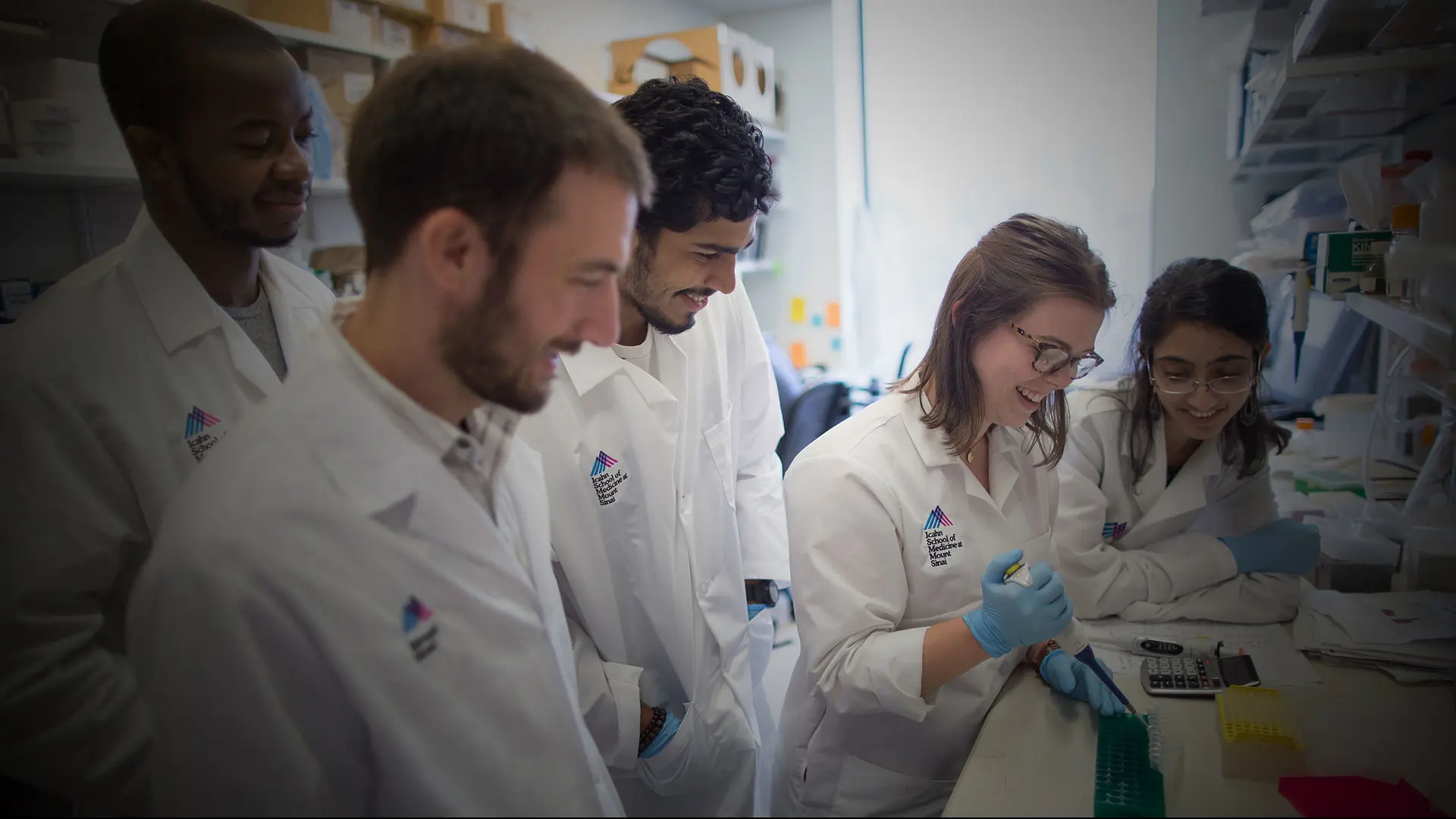We launched a database called SECURE-IBD that has already yielded the insight that TNF antagonists appear to be a low-risk IBD therapy where COVID-19 is concerned, and another study, called ICARUS, intended to explore the seroprevalence of COVID-19 using blood samples regularly collected from IBD patients during infusion therapy. We also repurposed wearable technology originally developed for IBD to monitor our staff for both COVID-19 infection and pandemic-related stress.
Our researchers demonstrated that the intestine plays a key role in replication of SARS-CoV-2, suggesting potential new lines of research, and that preprocedural screening of endoscopy patients combined with universal infection control protocols makes for a safe environment even if local viral prevalence is high.
Beyond COVID-19, we published several breakthrough basic research papers around IBD
and demonstrated that resilience training for IBD patients can drastically lower emergency department visits and hospitalizations. We identified endoscopic findings during pouchoscopy that are associated with risk of pouchitis in asymptomatic patients with a J-pouch created after colectomy for ulcerative colitis, and our surgical colleagues pioneered a salvage procedure for failed pelvic anastomoses. We were early pioneers in, and continue to refine, endoscopic sleeve gastroplasty as a weight-loss procedure.
Our colleagues in Liver Diseases are working on new diagnostic and screening tools that include liquid biopsy for hepatocellular carcinoma, and vibration controlled transient elastography as a superior approach to detecting NAFLD.
Finally, we are proud that one of our division’s mainstays, David Greenwald, MD, has taken over as president of the American College of Gastroenterology. You can read about his plans for his term, as well as all the research mentioned above, in this report.
Featured

Bruce E. Sands, MD, MS
Dr. Burrill B. Crohn Professor of Medicine; Chief, Dr. Henry D. Janowitz Division of Gastroenterology
